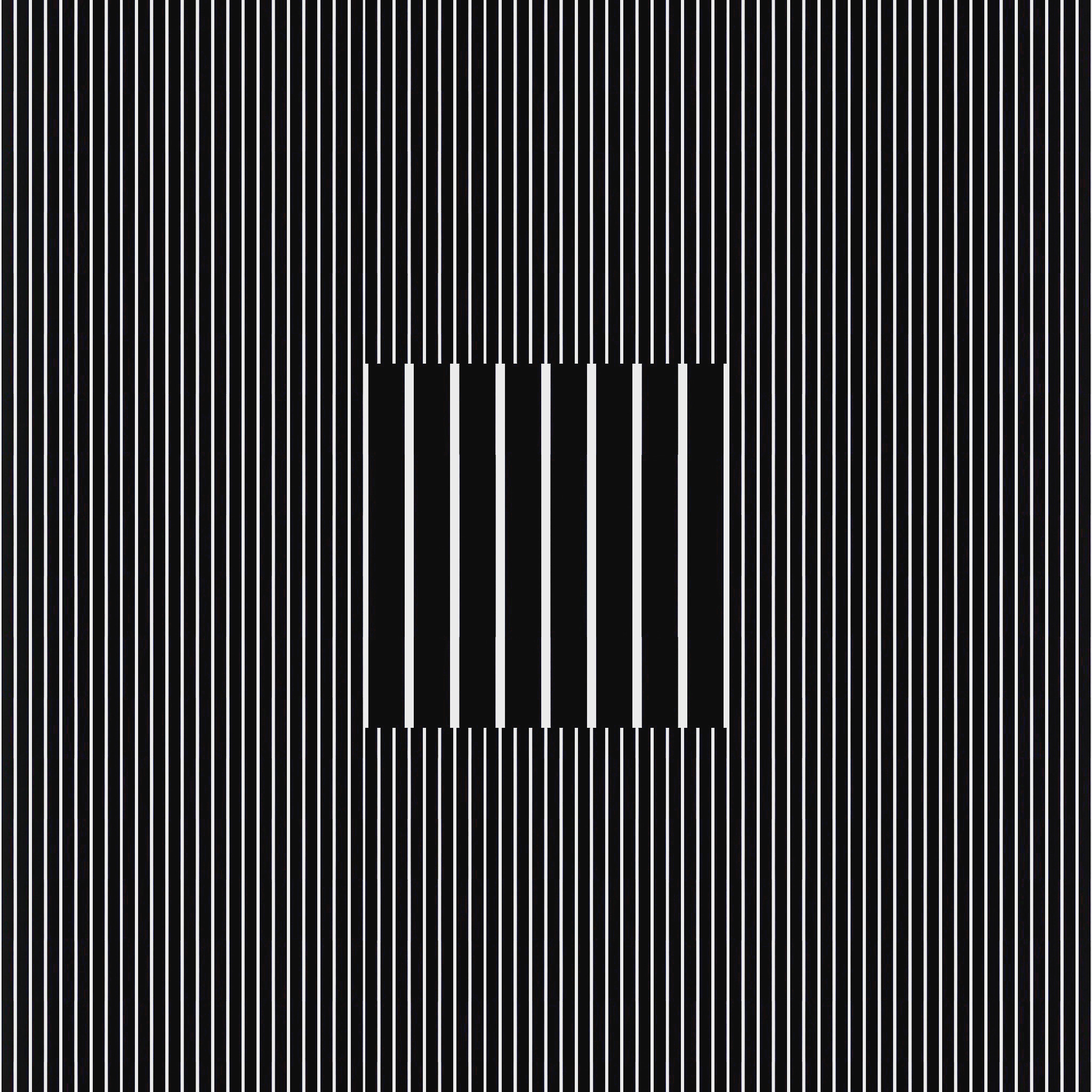
These are the opening words from The Metamorphosis of the World , the last work by German sociologist Ulrich Beck. He would have likely written this in 2014, a year that has become more significant in retrospect, when Russia clearly announced its intentions towards Ukraine and most failed to listen. With all the shocks and dislocations of the intervening years, his words only resonate more strongly now.









